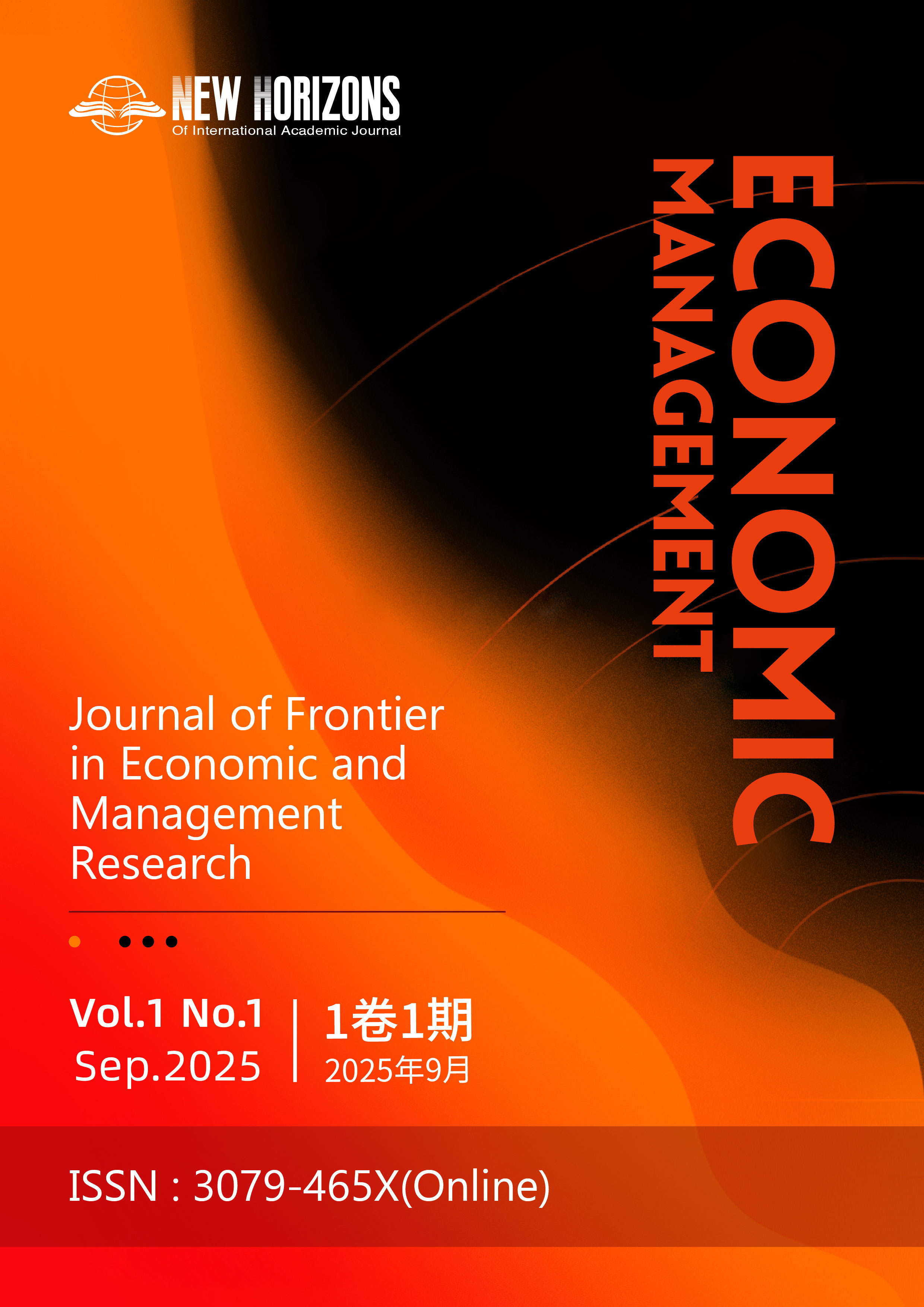Yuhan Zhang (Primary Contact)
School of Management, Northwest Normal University, China
SMEs, ESG practices, green transition, sustainability challenges
15-09-2025
Against the backdrop of global green development and China's dual carbon goals, ESG has emerged as a key metric for assessing corporate sustainability. SMEs, as vital constituents of the national economy, play a significant role in the green transition. However, constrained by factors such as capital and technology, they face multiple challenges in ESG implementation: difficulties in cost accounting and insufficient technological innovation within the environmental dimension; weak sense of responsibility and inadequate protection of employee rights within the social dimension; structural deficiencies and weak information disclosure within the governance dimension. Furthermore, they encounter difficulties in cross-dimensional integration and coordination. In response, this study proposes strategic optimisation pathways for enterprises, including value reconstruction, lightweight digitalisation, and collaborative innovation. These aim to assist SMEs in balancing survival with sustainable development while simultaneously contributing to carbon reduction across supply chains and the green transformation of economic systems.
 PDF
PDF
Copyright (c) 2025 Journal of Frontier in Economic and Management Research

This work is licensed under a Creative Commons Attribution 4.0 International License.